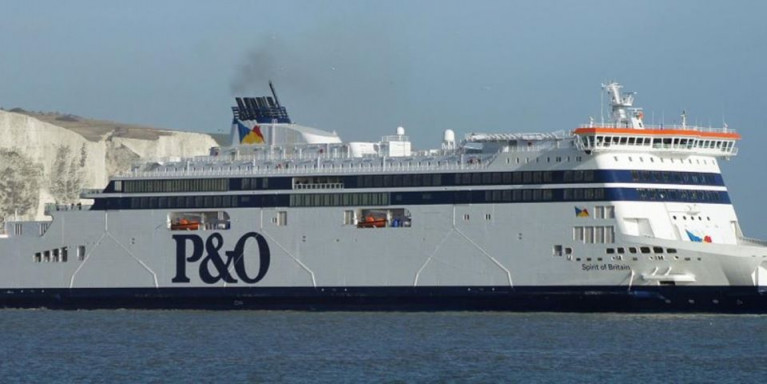Displaying items by tag: TUC
In the UK, the head of the Trades Union Congress has written to the Insolvency Service calling for it to disqualify the directors of P&O Ferries after they sacked nearly 800 crew without notice.
In a letter seen by The Guardian, Frances O’Grady, the TUC’s general secretary, said the Insolvency Service should “initiate disqualification proceedings against the directors of P&O Ferries Division Holdings Limited”.
The Insolvency Service last month confirmed it had “initiated both formal criminal and civil investigations” into the circumstances of the redundancies, after making inquiries at the request of the government.
P&O Ferries caused outrage when it fired 786 workers with immediate effect on 17 March, despite no notice or consultation with unions, as required under company law. The company, which is owned by Dubai-based DP World, instead said it would replace those workers with lower-paid agency staff.
A week later, Peter Hebblethwaite, the chief executive of P&O Ferries, admitted to astonished MPs that its directors “chose not to” consult workers despite acknowledging there was “absolutely no doubt we were required to consult with the unions”.
His testimony prompted MPs to ask whether he was a “shameless criminal”, but he insisted he would “make this decision again”
The Guardian has more on the story.
























































